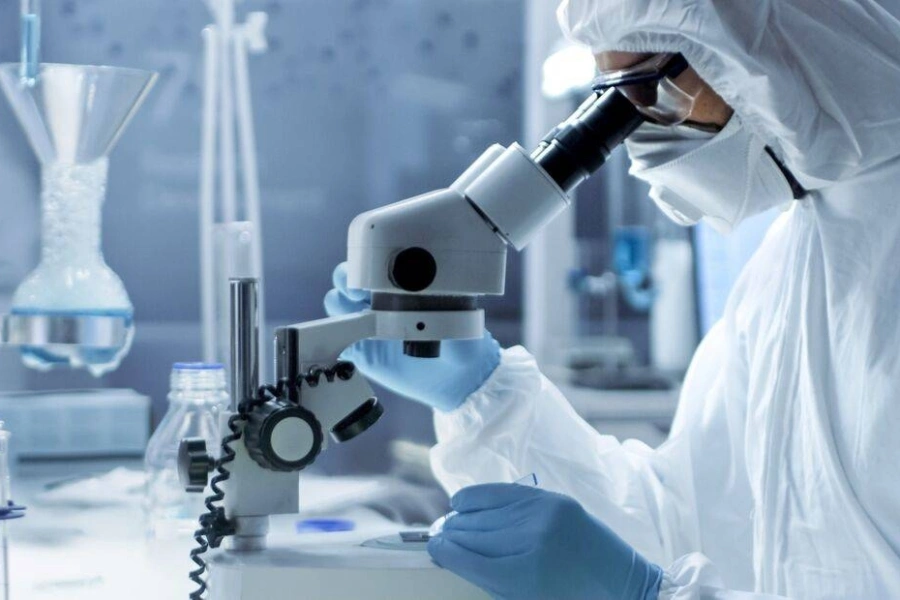By now, Fujifilm does much more than manufacturing film materials, cameras, and data carriers. It initiated the transition to new applications: membranes that serve as filters for gas and water purification and in 2021 the start of the production of cell culture media for the biopharmaceutical industry. Throughout its long history, BOM has maintained a warm relationship with Fujifilm and supported the development and transition of the company.
Fujifilm provides many jobs in Tilburg - currently employing around 500 people, is locally involved and plays an important role in the ecosystem.
Thijs Taminiau, Teamleader Foreign Investments at BOM: “We attract foreign companies to Brabant and ensure they stay here. We do this because international corporations play an important role in the Brabant economy. Only one percent of companies in Brabant are from abroad, but they account for thirty percent of the Brabant economy and about thirty percent of R&D expenditures in the Netherlands. Foreign companies thus have a significant share in our innovation power and ecosystem. Fujifilm included. This case clearly shows in every aspect what BOM does in terms of internationalization.”
Fujifilm in Tilburg
Until 2006, there was a large photo film factory in Tilburg, which transformed into a production facility for the Life Sciences sector. Since 2021, Fujifilm has been producing cell culture media, an essential raw material for bioproduction and cell and gene therapy. Cell culture media are used in the biopharmaceutical industry and serve as a nutrient for cells in making medicines or vaccines. This biopharmaceutical market is growing rapidly, and with the production location in Tilburg, Fujifilm strengthens the international supply chain.
At the Fujifilm site in Tilburg, photographic materials are still being produced and distributed worldwide. But also membranes based on nanotechnology, which are used, among other things, for filtering CO2 from gas and for water purification installations. At the Fujifilm site in Tilburg is the Tilburg Innovation Center (TIC). And also high-quality and high-functional cell culture media for the pharmaceutical industry.
A powerful ecosystem
BOM is closely involved in the transition that Fujifilm is undergoing, says Thijs. “We assist Fujifilm Tilburg with internal positioning relative to other locations worldwide. For example, by showing how good the business climate is here and what interesting connections exist in Brabant in terms of innovation in technologies relevant to Fujifilm. This also enhances the chance of success in attracting new activities within the Fujifilm family.”
More than fifty percent of the pharmaceutical production in the Netherlands takes place in Brabant. Thijs: “To give that more visibility, companies in Brabant need to collaborate better. That also generates and retains earning capacity, enables expanding offerings, and tackles future challenges. For instance, to attract the right talent, take steps in sustainability, digitization, and positioning Brabant. In this, we at BOM play a connecting role. Fujifilm is now part of the Pharma Cluster in Brabant, an initiative of BOM. And of the Smart Biomaterials Consortium, where BOM also plays a partner role. Besides networks that Fujifilm was already part of, such as the Dutch & Japanese Trade Federation (DUJAT).”
At home in Brabant
Fujifilm feels at home in Brabant. Albert van Maren, president of Fujifilm Manufacturing Europe: "Fujifilm in Tilburg continues to innovate. We transformed from a producer of film and photographic paper to a location where products are made as sustainably as possible, offering solutions for challenges in society in areas like energy, environment, and healthcare. We want to further expand that product portfolio and continue to grow as a green multi-product site. Due to the excellent cooperation with the Municipality, the Province, and BOM, Brabant is the place to do it."
Learn more

